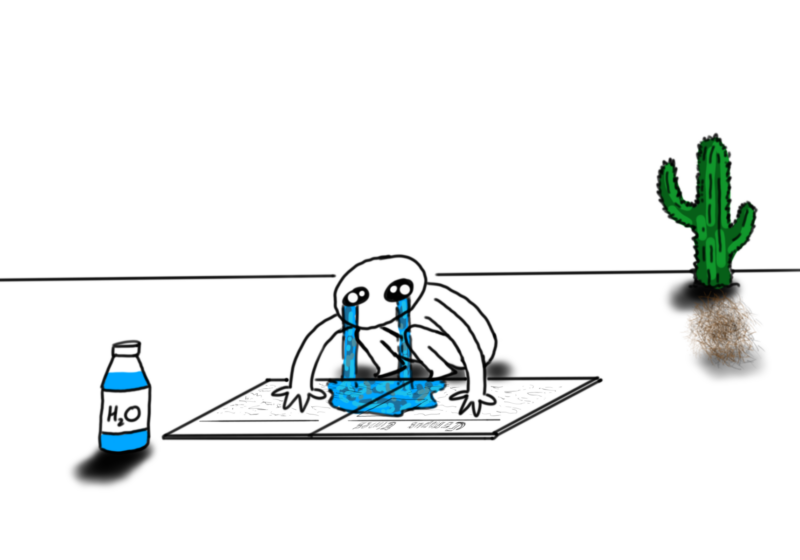I tutor for Upward Bound, a federally funded TRIO Program to help first-generation students get into and afford colleges that they otherwise couldn’t attend. The government funds programs like this both to help these students and to promote diversity in an academic environment. Those are well-intentioned goals, but the income gap between economic classes has only gotten worse since the creation of these kinds of programs in the 1960’s. Clearly, programs like these aren’t solving the real issue at hand.
What if we’re tackling the wrong issue here? We help these students get into college because we assume college will help you climb the economic ladder and a diverse college environment further supplements learning. My tutoring job has led me to think about if asking how to get more students into college to help them economically might be the wrong question entirely. This is a strange question to ask in a university newspaper where, assumedly, we hope that we didn’t waste our time and money by attending college. But it’s always good to reaffirm the decisions we make in life. What if we don’t need college at all? What if we do? Let’s explore a bit.
To get this out of the way, you DO probably need some kind of concerted effort after high school to cut it in today’s economy. The days of getting a good blue-collar job on the factory floor or in coal mining like your grandfather (assuming they were a white man in America) are probably over. The numbers are clear: people who just have a high school diploma versus those with an Associate, some college, trade school, or further education fare much worse.
However, a Bachelor’s degree may not necessarily be the answer for everyone. There are plenty of people who don’t really need or want to be engineers, but they chose mechanical engineering because of the high salary and they like working with cars. A lot of those people might have been just as happy learning to become a car mechanic without the stress of a mech e degree. There are people for whom being a doctor just suits them, and college, plus the extensive medical school and residency after, is just a necessary part of the process.
I grew up in an immigrant household where going to college was seen as a necessity for me and my sister so that we did not end up in a paycheck-to-paycheck lifestyle the way that our parents are forced to. My sister has largely succeeded in this when she graduated with a degree in Computer Science and now works in a high-paying engineering job. And I discovered research while in undergrad. While I will be practically paycheck to paycheck during my Ph.D., the expectation is that I will also not have to worry too much about money afterward.
So, for people like my sister and I where we enjoyed a technical field and the money just happened to come afterward, college was probably “worth it.” But there are still tons of people who come to college for all the wrong reasons. It’s not that they can’t handle the stress of a degree, but rather that their time might be better suited elsewhere.
A final thought to leave you on: I mentioned before that our society is no longer one where many can get a well-paying job out of college. However, that view that certain populist politicians have stewed anger with for the past few years was only really true for a small percentage of the population. Those days were never really experienced by those who were white men.
We are now in an economy where education is necessary, but a Bachelor’s degree and beyond aren’t necessarily the options for education. Universities were built for rich people to pass their riches onto their children, not to help people climb the economic ladder. College has historically and currently been pretty expensive — the return on investment in a university might not be worth it for everyone. The days you might have heard of being able to work a minimum wage job and afford your degree were really only true for one generation at a time where the U.S. was more economically dominant. Those days are over, and perhaps college should adapt with the times.






